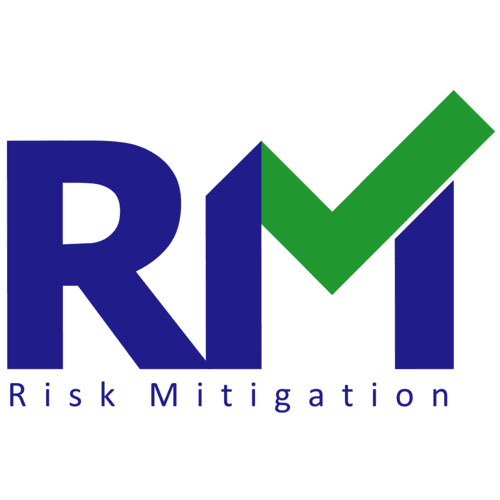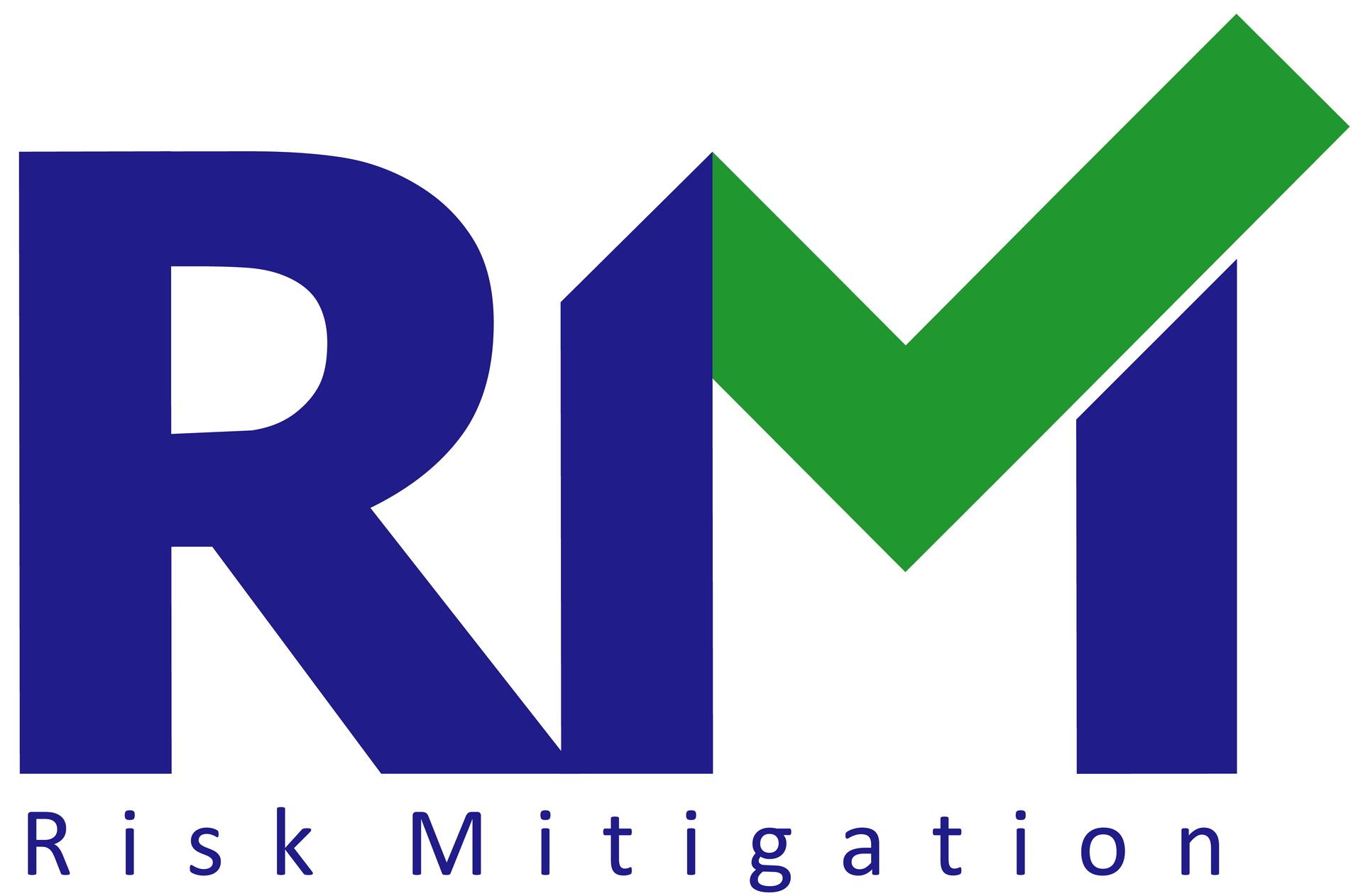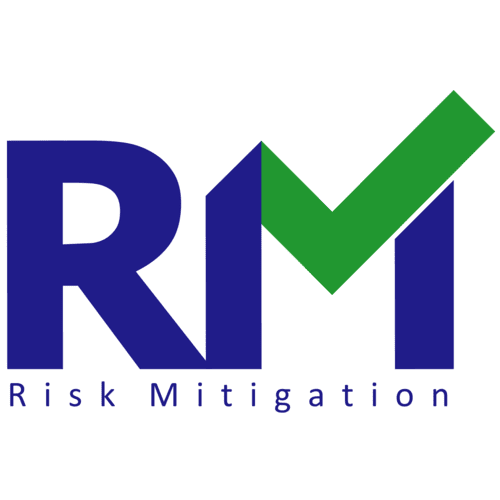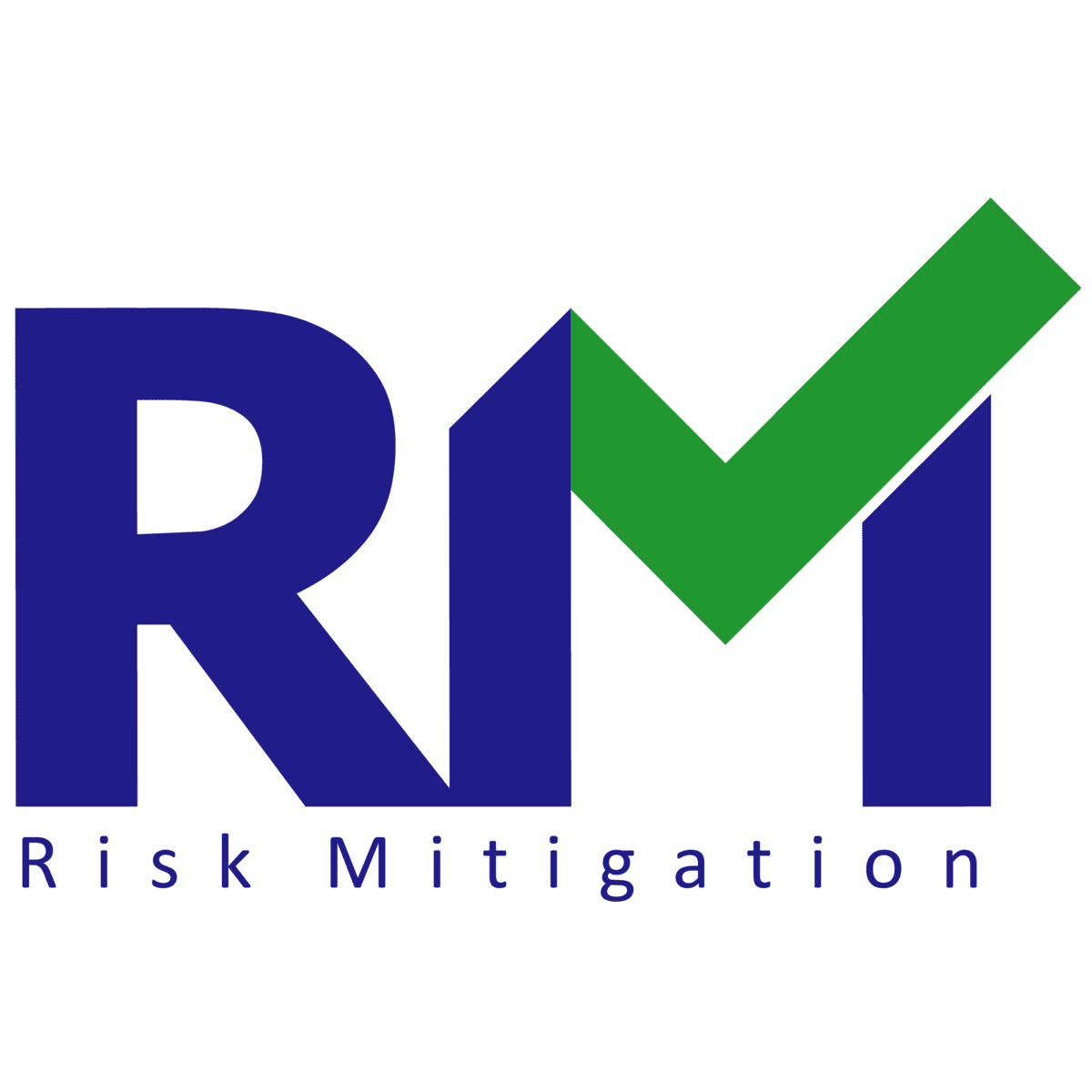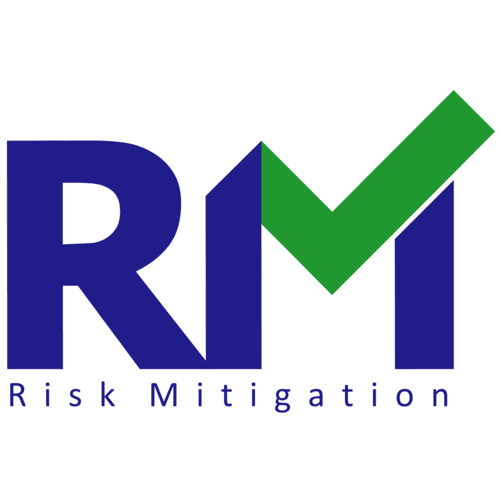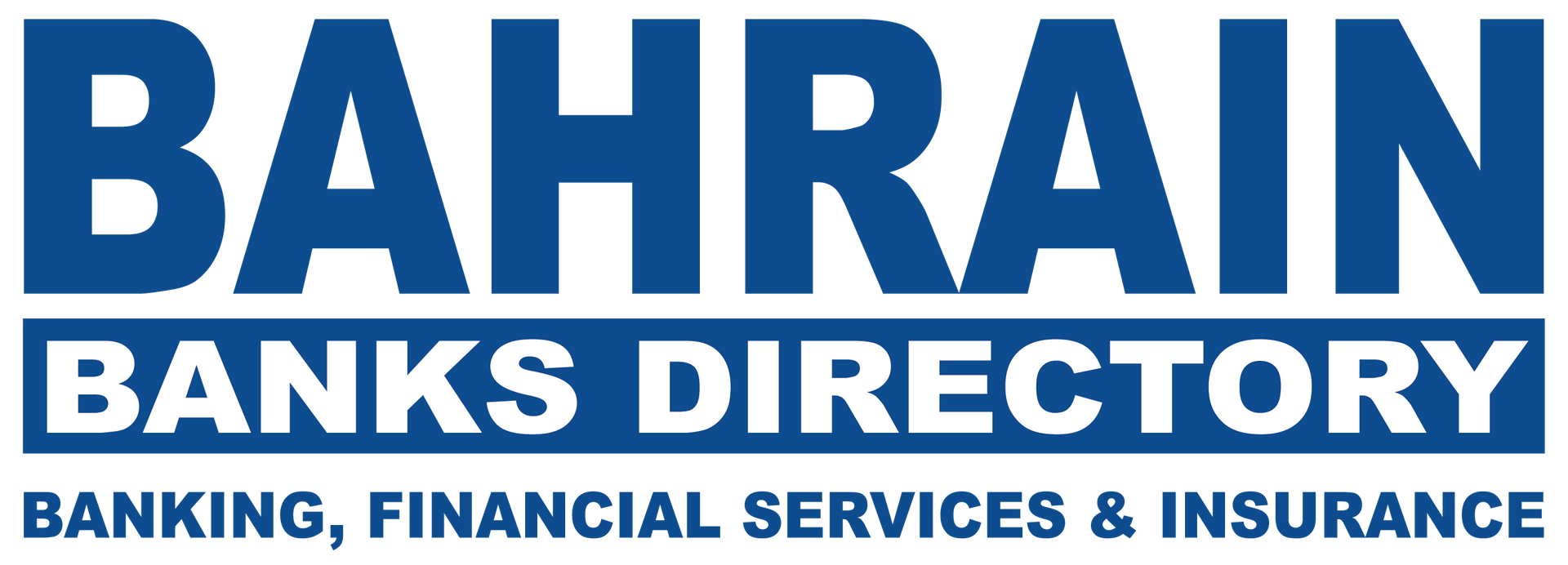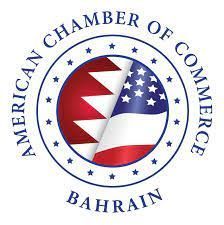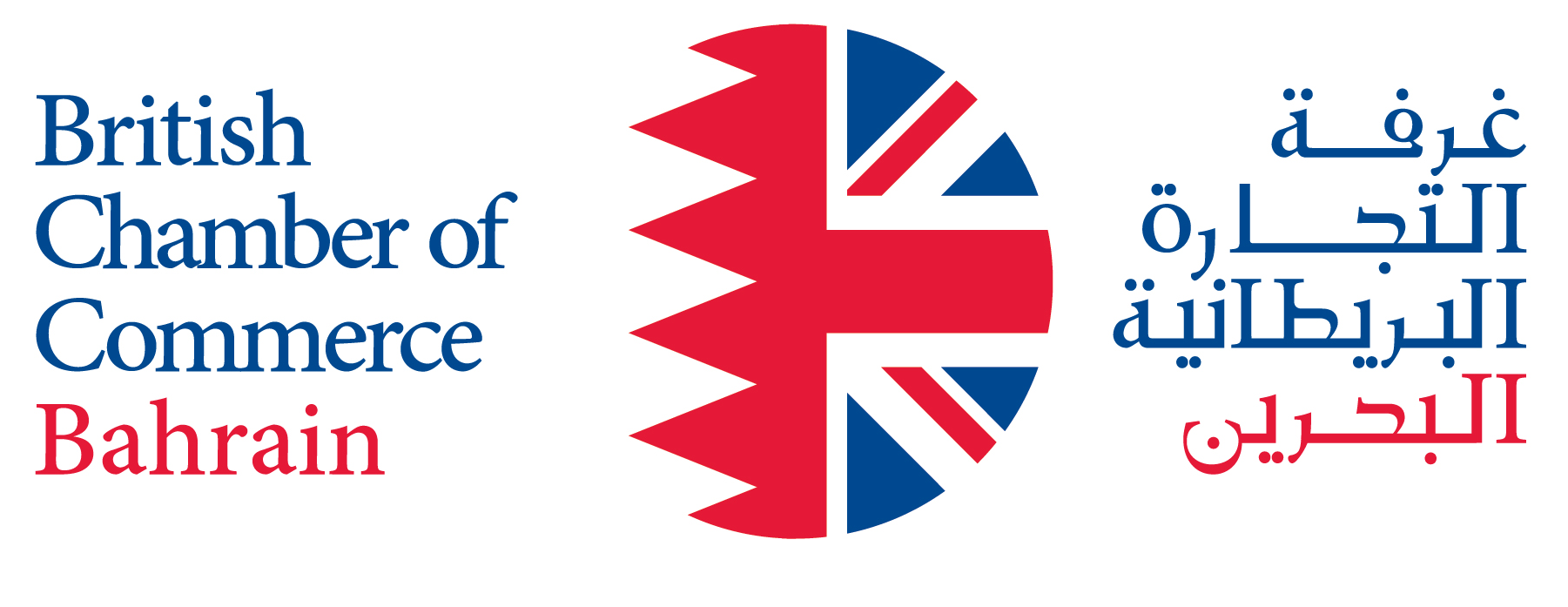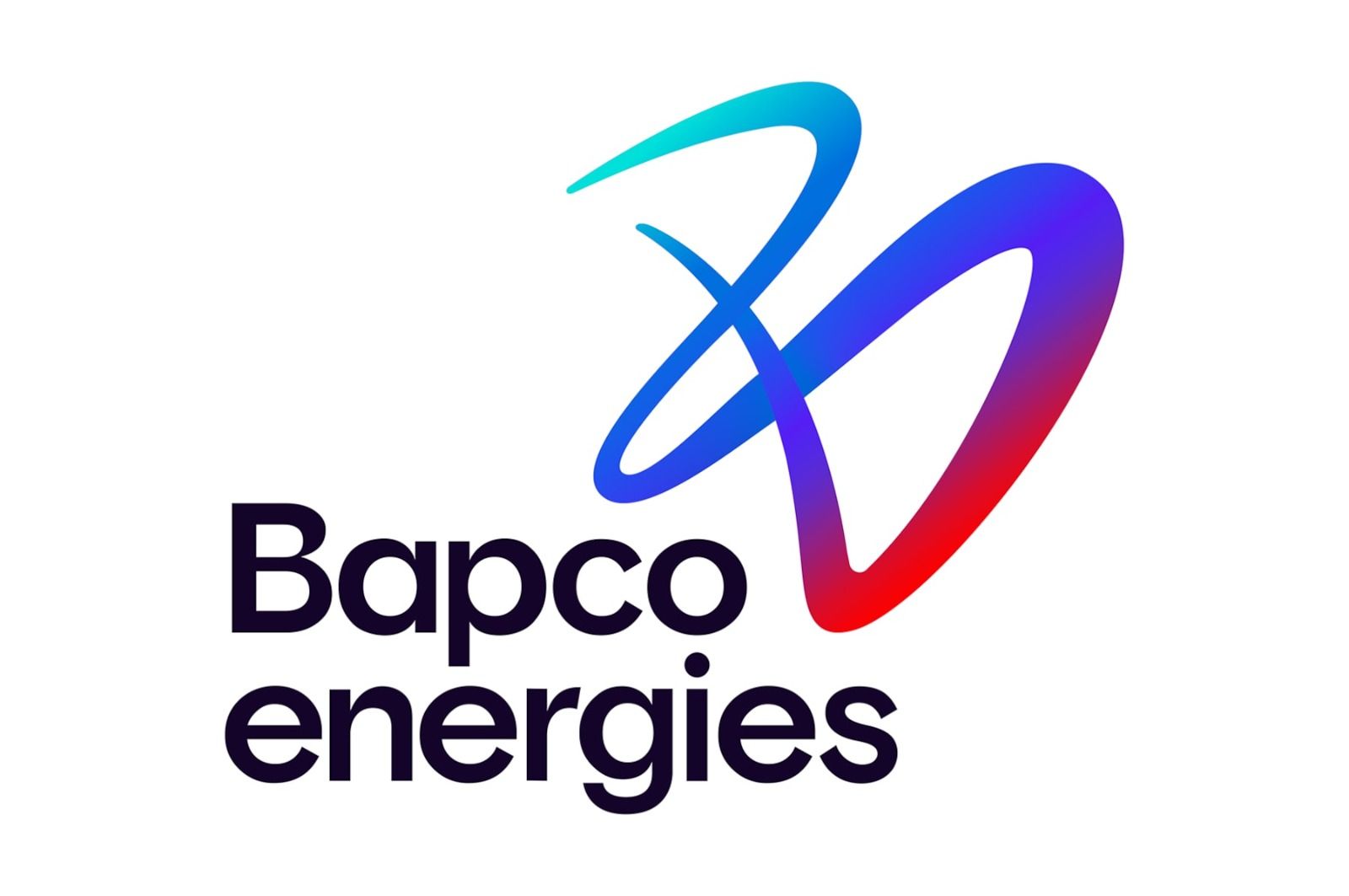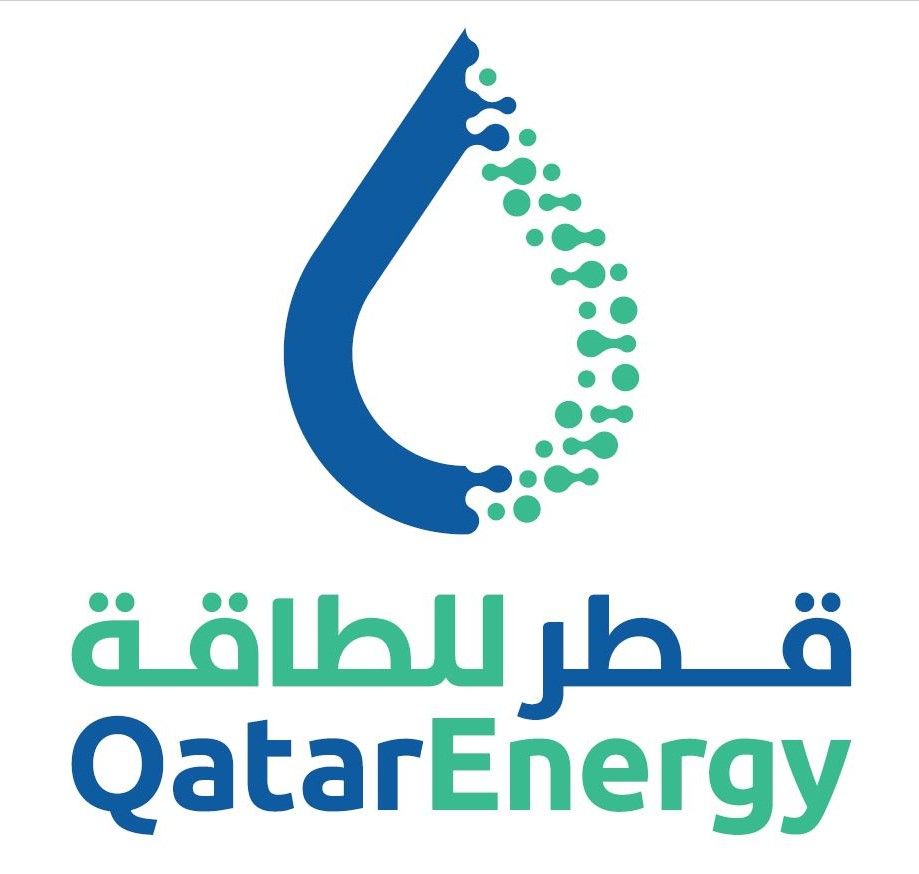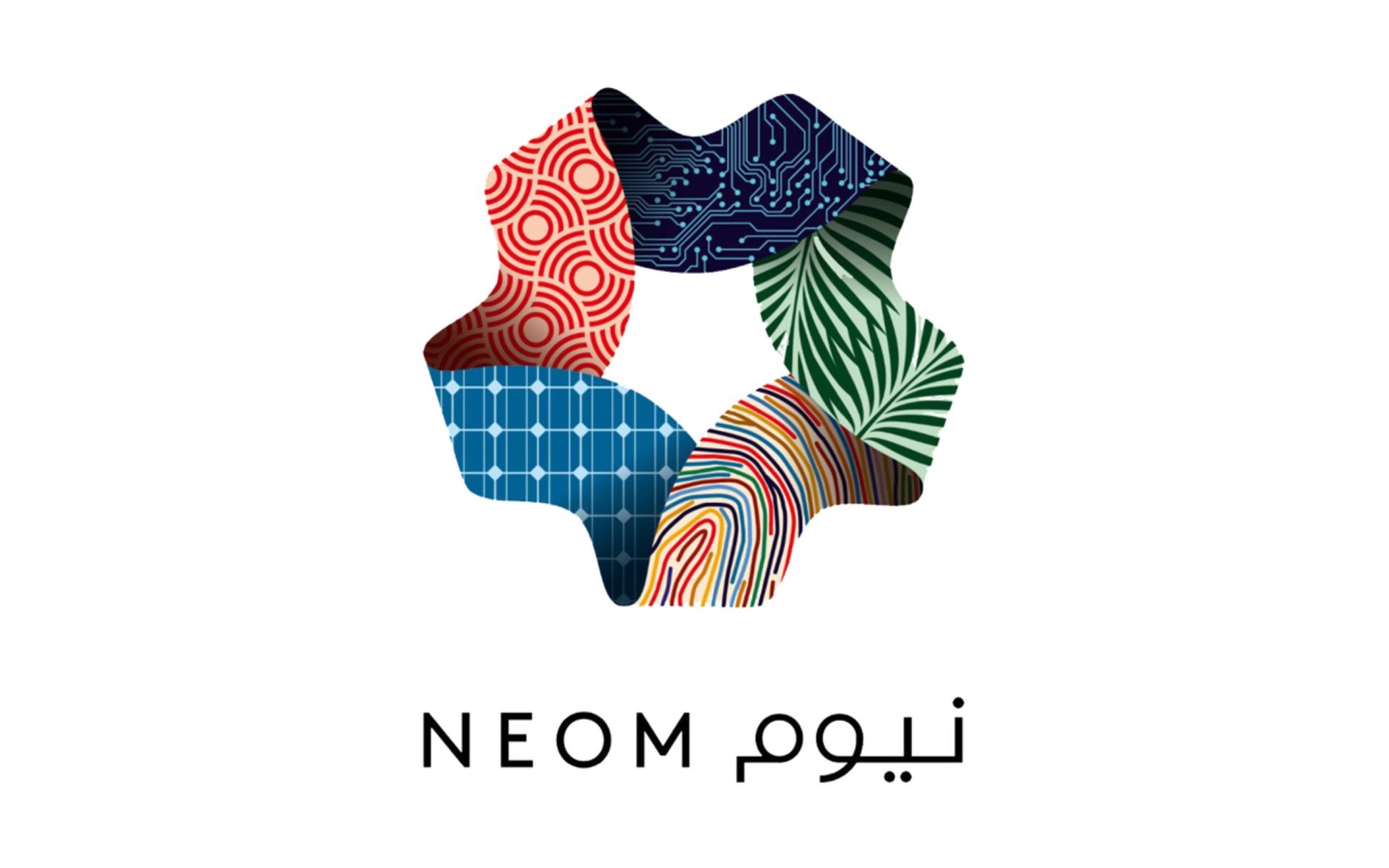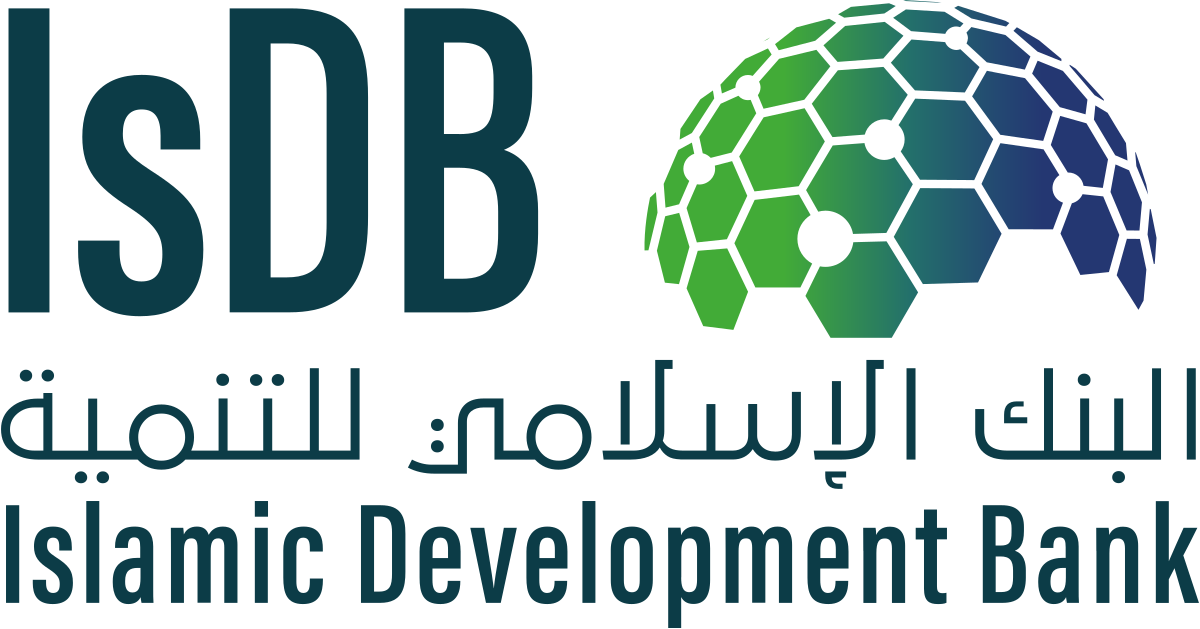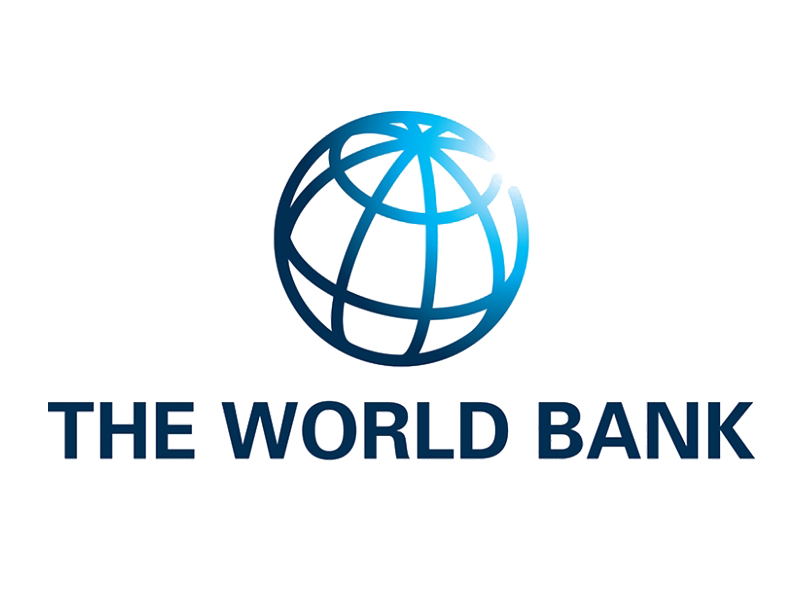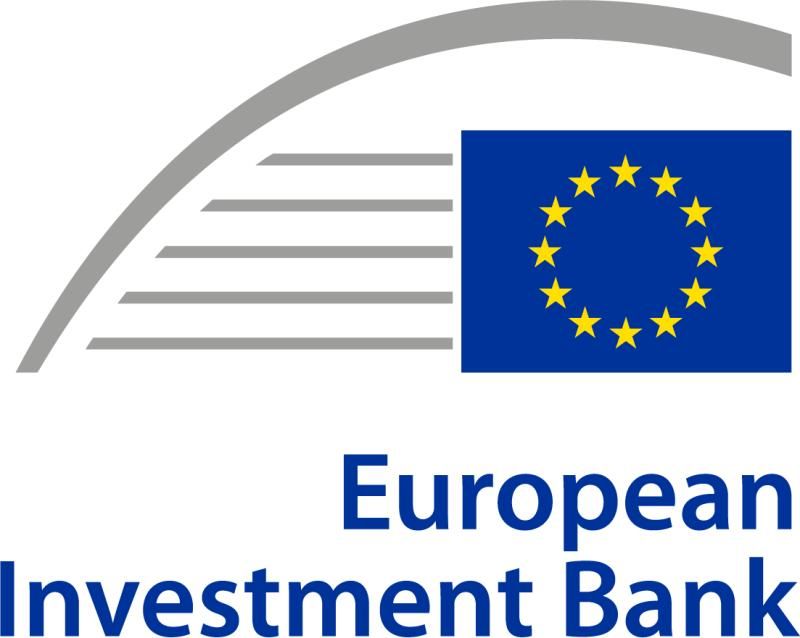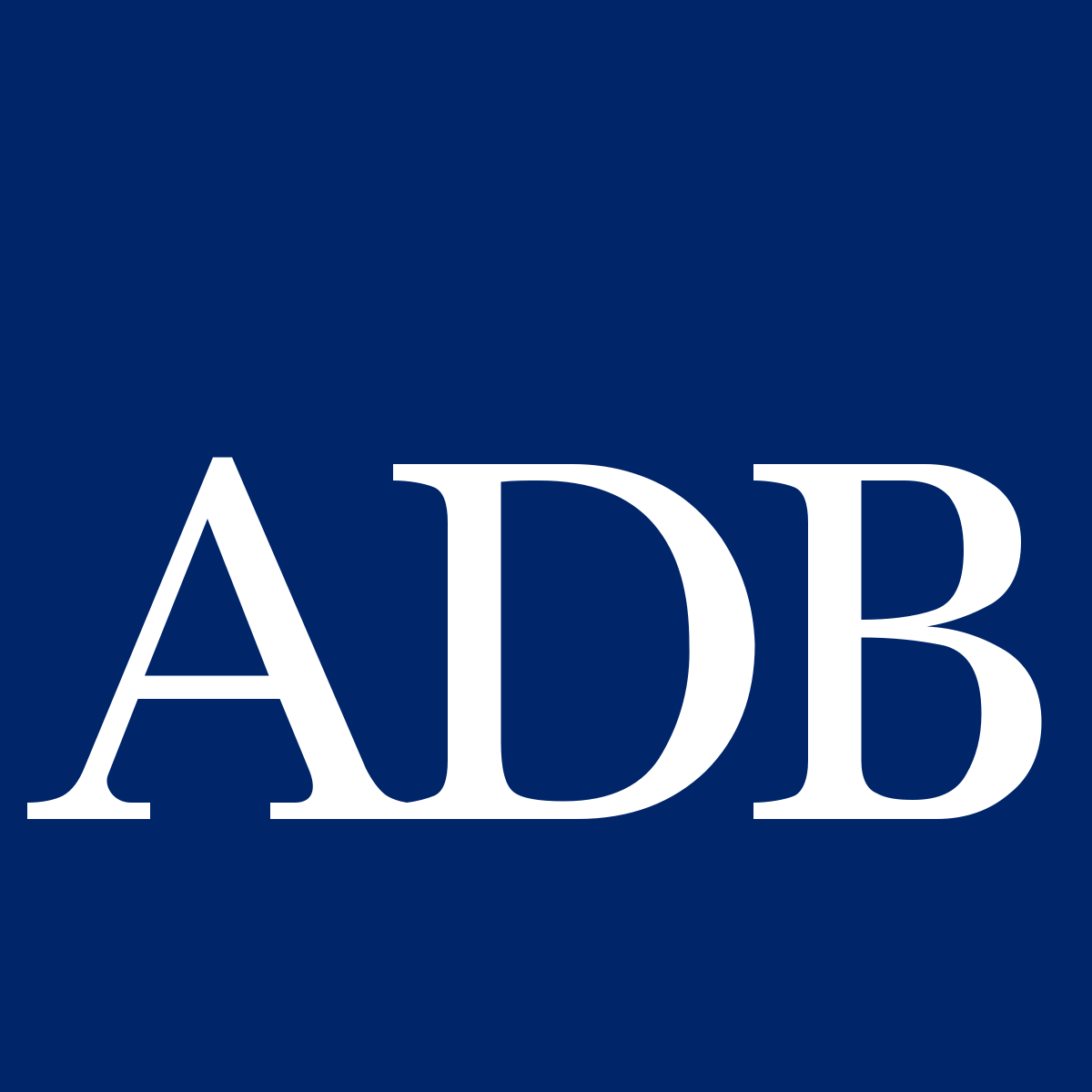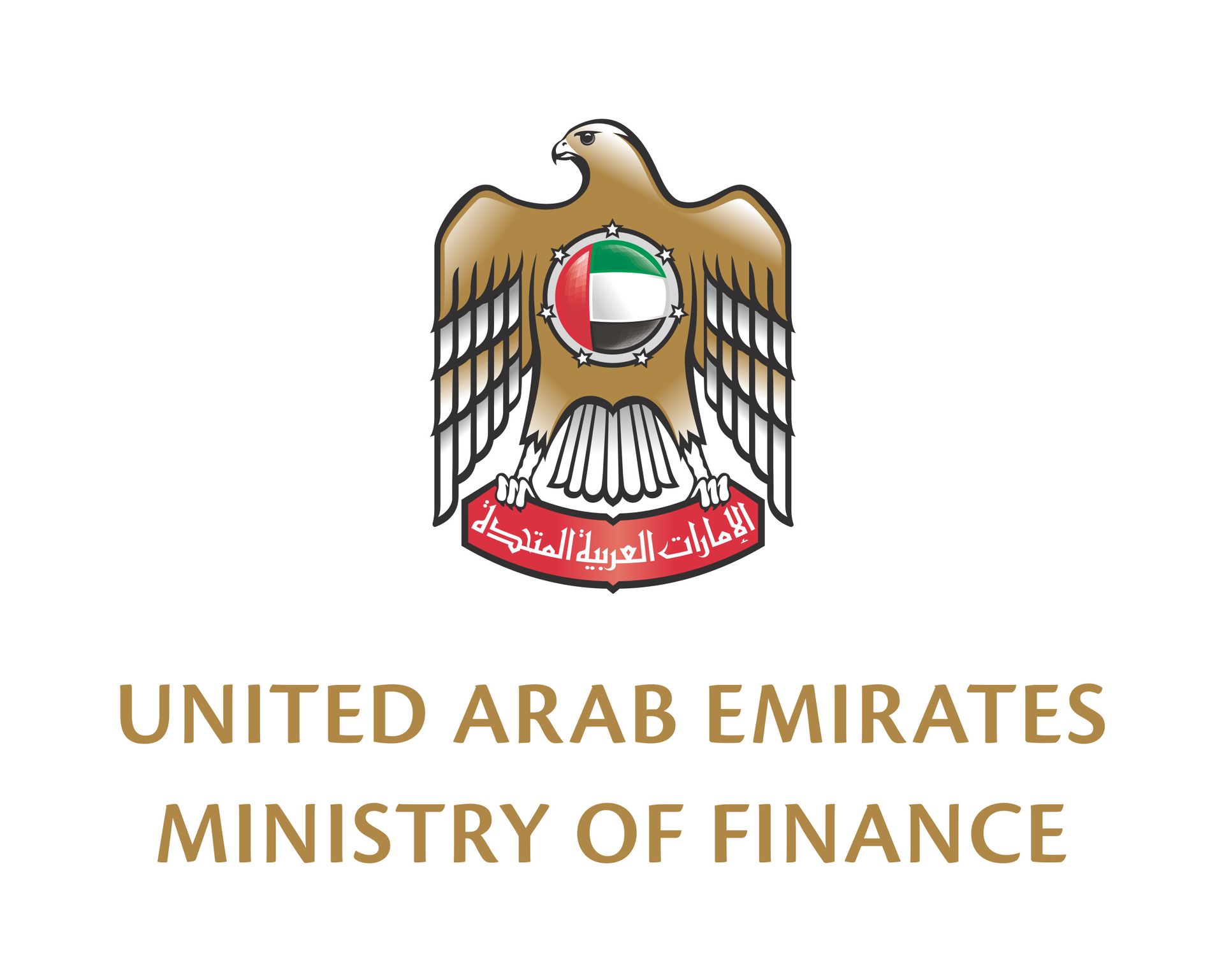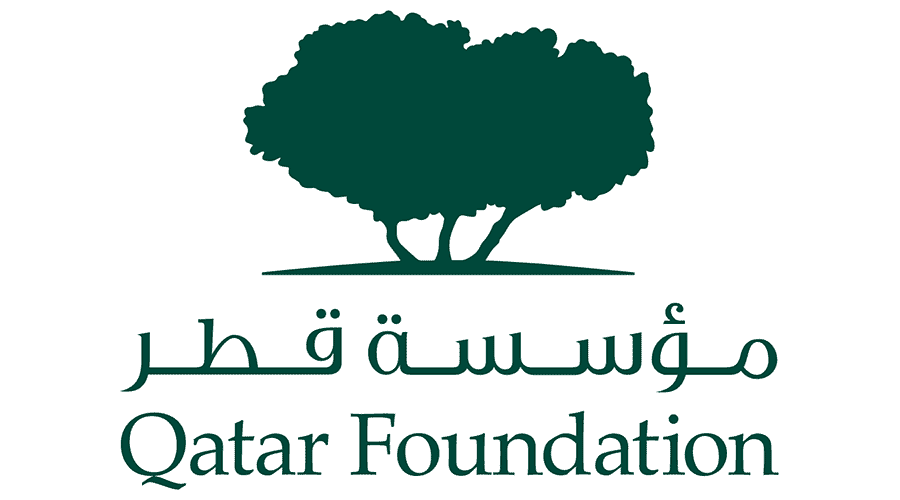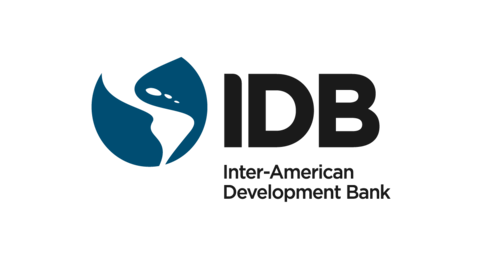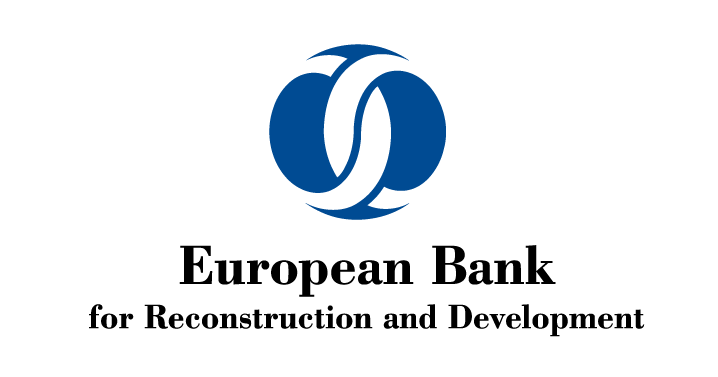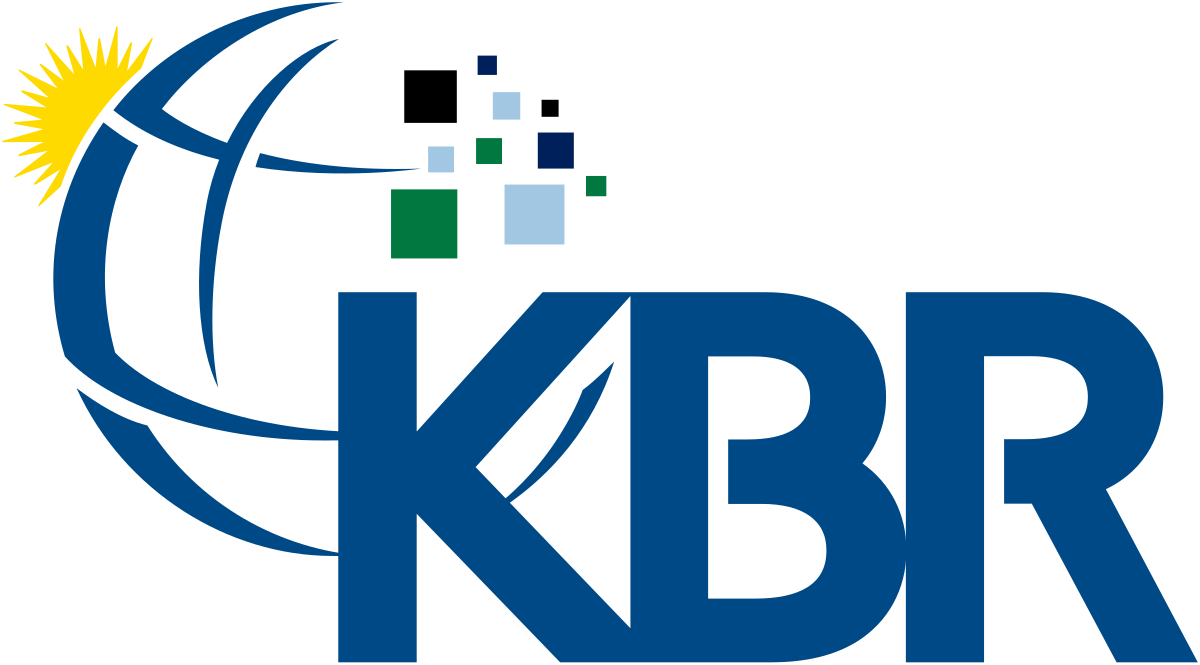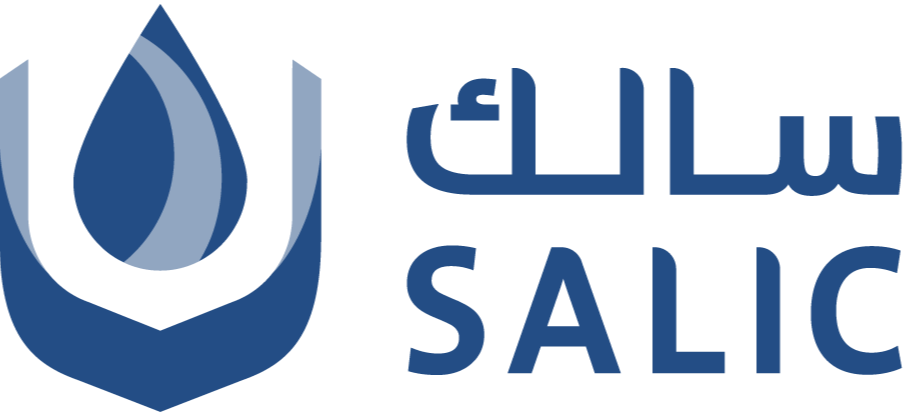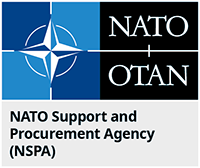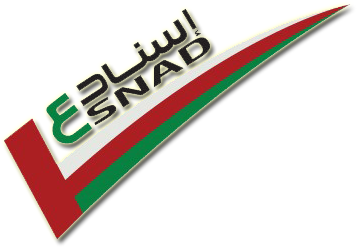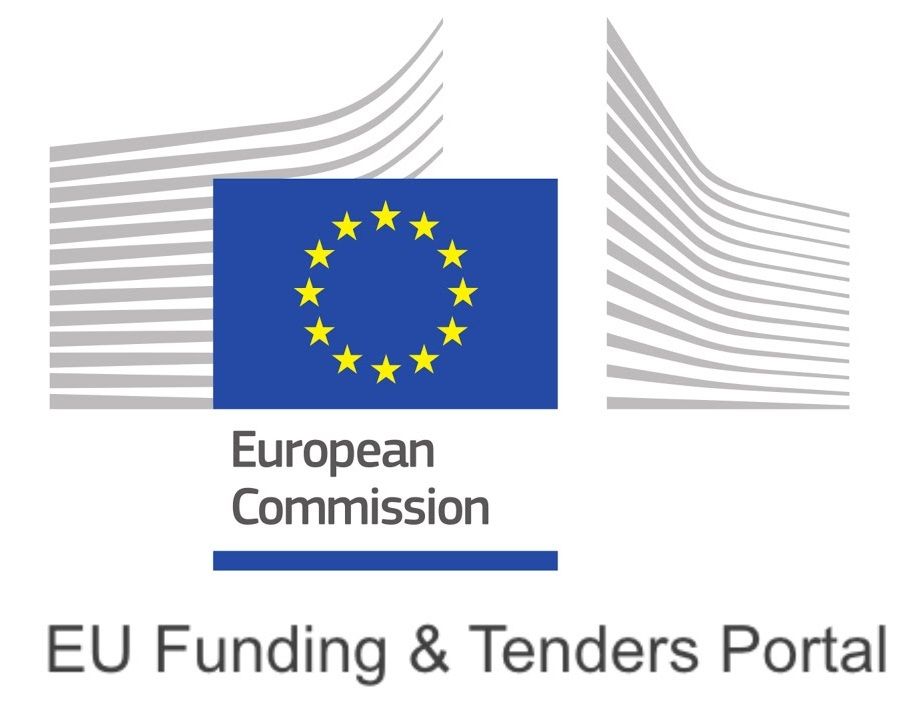Introduction & Role of RM
In today’s trade landscape, especially in the Gulf region, selling on credit or deferred terms has become a common practice among exporters and suppliers. However, this method carries significant risks that may expose companies to severe losses, particularly when legal safeguards or proper credit assessments are absent.
This is where RM for Credit Assessment & Debt Collection, a licensed Bahraini firm, plays a crucial role. RM provides integrated solutions to protect deferred sales transactions through creditworthiness assessments, drafting and notarizing enforceable contracts, preparing notarized debt acknowledgments, and offering debt collection, restructuring, and negotiation services.
The company’s role extends beyond Bahrain to include the Kingdom of Saudi Arabia, the largest and most dynamic market in the region. Thus, RM provides a secure framework for exporters and suppliers across both Bahrain and Saudi Arabia, making it a trusted partner for international and regional investors.
Executive Summary
Together, Bahrain and Saudi Arabia serve as the two main gateways for exporters and suppliers entering Gulf markets. Bahrain offers a transparent legal and financial system, while Saudi Arabia provides the region’s largest and most diverse consumer base. Yet, despite these opportunities, selling on credit remains risky.
Risks often include delayed payments, bounced cheques, disputes over quality or delivery, and even fraud. According to World Bank reports, more than one-third of SMEs in the region suffer from overdue receivables.
The solution lies in prevention, not cure. RM achieves this by:
- Conducting detailed creditworthiness assessments.
- Drafting enforceable contracts under Bahraini and Saudi law.
- Preparing notarized debt acknowledgments for direct enforcement.
- Managing debt collection and restructuring through professional approaches.
Through these measures, RM (Contact us)
transforms credit sales from a liability into a safe driver of sustainable growth.
Risks of Selling on Credit in Bahrain and Saudi Arabia
Exporters and suppliers turn to credit sales to increase orders, but the challenges are numerous. In Bahrain, despite its robust legal system, lack of reliable financial information about buyers is a recurring issue. In Saudi Arabia, the scale and diversity of the market amplify risks of delayed payments due to liquidity pressures or poor financial management.
Relying on post-dated cheques is no longer secure. Cheques may be issued without sufficient funds or challenged in court, causing lengthy disputes. Moreover, trade conflicts regarding product quality or delivery schedules often delay payments further. Most concerning are fraudulent practices, such as inflated financial data or false identities.
For any exporter or supplier operating in Bahrain and Saudi Arabia, having strong legal and financial safeguards is no longer optional but essential.
RM’s Solutions
Credit Assessment & Creditworthiness Review
RM provides comprehensive assessments covering financial statements, market analysis, payment history, management evaluation, and—when available—bank account reviews. The result is a practical report recommending appropriate credit limits, payment terms, and required guarantees.
Drafting Commercial Contracts
Weak or incomplete contracts are a common source of disputes. RM drafts contracts compliant with Bahraini and Saudi law, supervises the signing and notarization process, and ensures that protective clauses and guarantees are included.
Notarized Debt Acknowledgements
Unlike post-dated cheques, a notarized debt acknowledgement is a powerful tool. RM assists clients in preparing and notarizing such acknowledgements with Bahrain’s Ministry of Justice or the relevant Saudi authorities, making them directly enforceable without lengthy litigation.
Debt Collection and Restructuring
Not all defaults result from fraud—some buyers genuinely struggle with liquidity. RM provides professional debt collection and restructuring services, aiming to recover funds while preserving business relationships.
Comparison: Post-Dated Cheques vs. Notarized Debt Acknowledgement
When comparing post-dated cheques to notarized debt acknowledgements, the differences are clear:
- Legal strength: A post-dated cheque can be challenged in court and may lack sufficient funds, while a notarized debt acknowledgement is a legally binding instrument that must be enforced immediately.
- Speed of recovery: Enforcing a post-dated cheque often requires lengthy and costly litigation, whereas a notarized debt acknowledgement allows direct and immediate execution.
- Risk level: Depending on the cheques increases exposure to defaults and fraud, while notarized acknowledgements significantly reduce risks through enforceability.
Case Studies
Case 1: Industrial Equipment Exporter in Bahrain
A Bahraini client sought large-scale credit facilities. RM’s assessment revealed weak liquidity. Based on this, RM recommended reducing the credit limit and securing a notarized acknowledgement. When the buyer later defaulted, the exporter suffered no losses.
Case 2: Food Supplier in Saudi Arabia
A Saudi supplier faced extended delays from a major client. RM intervened by drafting stronger contracts and managing collection efforts, enabling the supplier to recover funds while maintaining the client relationship under safer terms.
Case 3: Small Contracting Firm in Bahrain
A subcontractor delayed payment to a small Bahraini contractor. With RM’s support, a notarized debt acknowledgement was executed and enforced swiftly, ensuring recovery without lengthy disputes.
Why Bahrain and Saudi Arabia?
Bahrain stands out for its transparent legal framework, a sophisticated financial sector under the supervision of the Central Bank of Bahrain, and its reputation for contract enforcement. Its location also provides a strategic gateway to larger Gulf markets.
Saudi Arabia represents the largest and most lucrative market in the region. Its size, however, comes with heightened credit risks. By engaging RM, exporters and suppliers entering Saudi Arabia gain a strong shield against defaults and legal uncertainties.
Together, Bahrain and Saudi Arabia provide a secure foundation for sustainable trade growth.
Frequently Asked Questions (FAQ)
1. How can I notarize a commercial contract in Bahrain?
Contracts can be notarized through Bahrain’s Ministry of Justice, granting them enforceable legal power.
2. Is a debt acknowledgement stronger than a post-dated cheque?
Yes. A notarized debt acknowledgement is directly enforceable, while cheques can bounce or be challenged in court.
3. What does a creditworthiness assessment mean?
It is a detailed evaluation of a buyer’s financial capacity, repayment history, and reliability before granting credit.
4. How can I verify a new client before selling on credit?
By commissioning an RM credit report covering financials, operations, and management credibility.
5. What risks do I face if I sell on credit without guarantees?
Risks include delayed payments, defaults, disputes, and potential fraud.
6. Are Bahraini contracts recognized internationally?
Yes. Once notarized and authenticated by chambers of commerce and embassies, they are internationally recognized.
7. How can I recover overdue payments in Saudi Arabia?
Through enforceable contracts, notarized acknowledgements, or RM’s professional collection services.
8. Why are guarantees important in trade contracts?
They provide additional security, lowering the risks of non-payment.
9. Does RM offer Know Your Customer (KYC) services?
Yes. KYC is part of RM’s credit assessment process.
10. Can debts be restructured instead of pursuing litigation?
Yes. RM offers restructuring solutions to maintain relationships while ensuring recovery.
11. What are the common fraud risks in the Gulf trade?
Examples include inflated documents, fake identities, and overextended commitments.
12. Does RM only serve SMEs?
No. RM supports small, medium, and large enterprises.
13. Are Saudi contracts enforceable like Bahraini contracts?
Yes, provided they are properly drafted and notarized. RM ensures this process.
14. How does an informal agreement differ from a notarized contract?
Informal agreements are vulnerable to disputes; notarized contracts are binding and enforceable.
15. What percentage of companies face late payments in the Gulf?
World Bank data shows more than 30% of SMEs encounter overdue payments.
16. Are Bahraini contracts accepted in international courts?
Yes, if properly notarized and authenticated.
17. Can RM support exporters outside Bahrain and Saudi Arabia?
Yes, RM also serves clients in the UAE, Qatar, Oman, and Egypt.
18. How can I protect myself when dealing with a new buyer?
By requesting an RM credit assessment and securing a notarized debt acknowledgement.
Conclusion
Selling on credit in Bahrain and Saudi Arabia offers vast opportunities but comes with real risks. Through its expertise in credit assessment, contract drafting, debt acknowledgements, and professional collection, RM provides exporters and suppliers with the tools to trade safely and grow sustainably.
📩 Contact RM today
to secure your transactions, recover your receivables, and achieve sustainable growth in Bahrain and Saudi Arabia.
